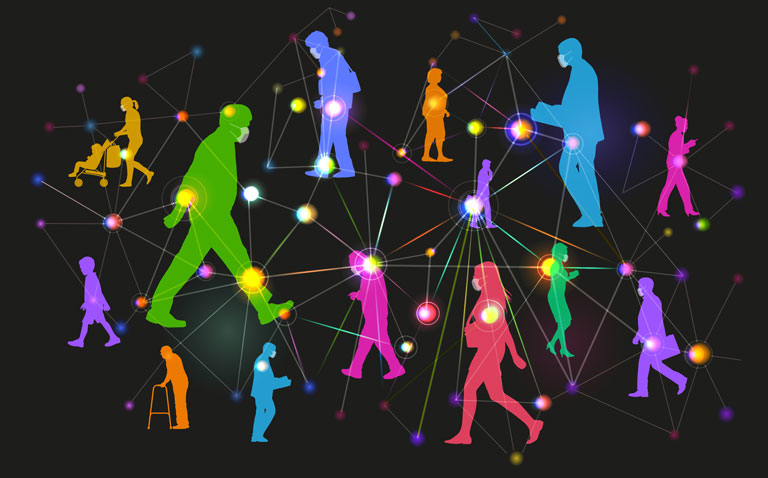According to a new systematic review of available studies, researchers from University College London, Institute of Health Informatics, suggest that contact tracing apps for COVID-19 are unlikely to be effective without both proper uptake.
The team defined their primary outcome as the number or proportion of contacts (or subsequent cases) identified from the tracing apps.
In a review of 15 studies, they identified seven which used automated contact tracing which were all mathematical modelling studies, five of which addressed smartphone apps specifically. However, none of these studies contained data on the primary outcome. Five studies based on partially automated systems were observational in nature or case studies and three of these using automated contact detection looked at other diseases such as Ebola virus. Finally, the authors found three studies involving contact detection but without subsequent tracing or contact notification and there were no studies directly comparing manual to automated contact-tracing systems.
In discussing their findings, the authors noted that there is still a lack of evidence for the effectiveness of automated system tracing and that the success of any automated system depends on population uptake of the app and that manual contact tracing is still likely to be required in most cases.
Reference
Braithwaite I et al. Automated and partly automated contact tracing: a systematic review to inform the control of COVID. Lancet Digital Health 2020; DOI: 10.1016/S2589-7500(20)30184-9










